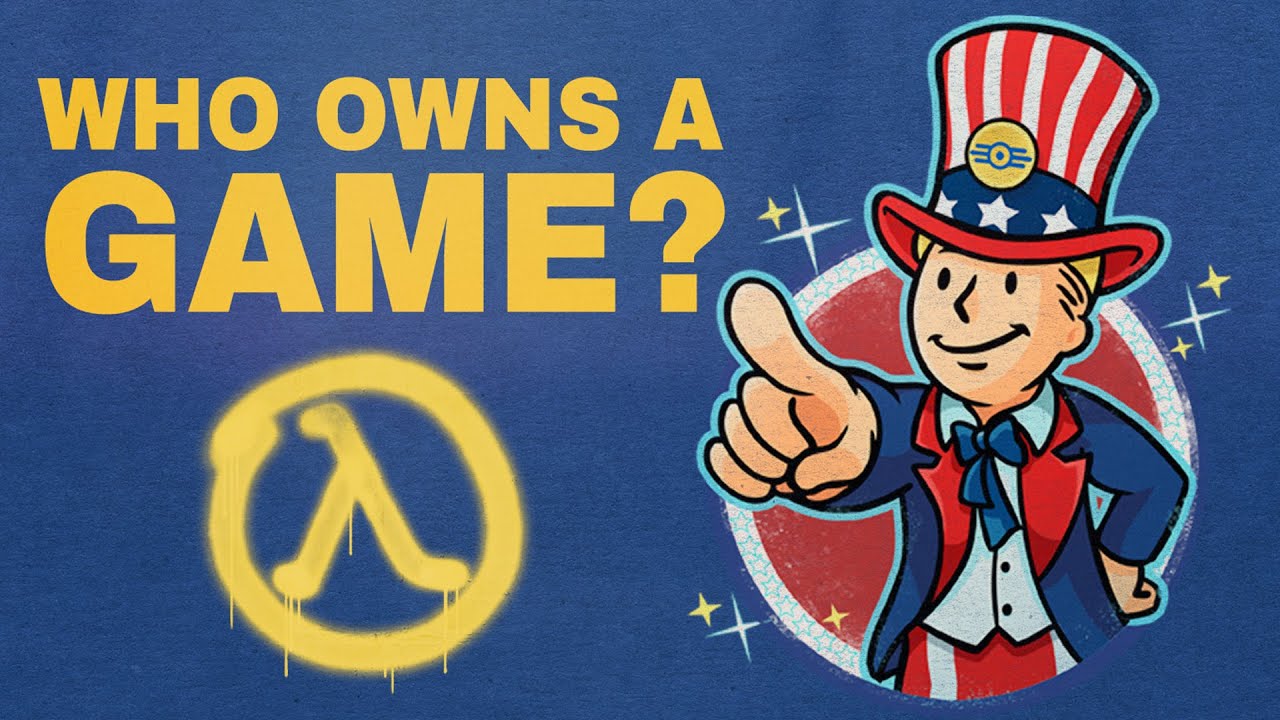A look into the world of video game modding, machinima, and other fan creations. This video goes over the history, some popular examples, and interviews with several creators. Just how much of a game is yours to do what you want with? Where are the limits?



How much do we really “own” of any kind of intellectual property?
As humans, isn’t nearly anything we do simply built on the thousands of years of accumulated human knowledge? We quite literally stand on the shoulders of giants, all of our forebears.
Without that knowledge accumulated over such a long period of time, not a single one of us would be able to invent things without the existing knowledge and infrastructure to support it.
In other words, a single feral human in the woods isn’t going to magically invent a fucking toaster. That feral human requires society, a way to learn, and knowledge to learn from, all which requires previous humans to have put in labor making society and preserved knowledge even happen.
Mark Hossler of Negativland argued long ago (in an interview no longer findable online) that if you want to keep full ownership over your art, you have to keep it to yourself. Keep in your home, maybe show it to family or friends in your home. But once you put it out into the world, if it has memetic quality, it will be copied, as is the nature of memes (not the internet kind, the sciencey kind). Popular ideas propagate by humans copying each others ideas and execution of such ideas.
Naturally, we will all draw on ideas we’ve been exposed to when creating our own “original” ideas. Everyone has influences, and those influences impact how and what kind of art we create. It’s not distinct “ownership” per se, but it’s an understanding that if your idea is popular, it means people will be copying it in some way, as popular ideas tend to be copied. Often it’s not directly copied as much as an implied reference, but even that, in it’s own way, is a copy.
So, if you really want ownership of an idea or piece of art: keep it to yourself. Don’t allow it to flourish and be copied, because you can’t prevent “copying” into someone else’s mind once they’ve been exposed to an idea. That’s just how memory and memes work. Humans are naturally idea and behavior copying mahcines.
Even then how often do you think someone in ancient Greece or something thought “man, if only there was some magic metal box I could put this bread in and it would come out cooked.”
This much: https://en.wikipedia.org/wiki/Intellectual_property#Rights
Memes usually fall under fair use: https://en.wikipedia.org/wiki/Fair_use
Next question.